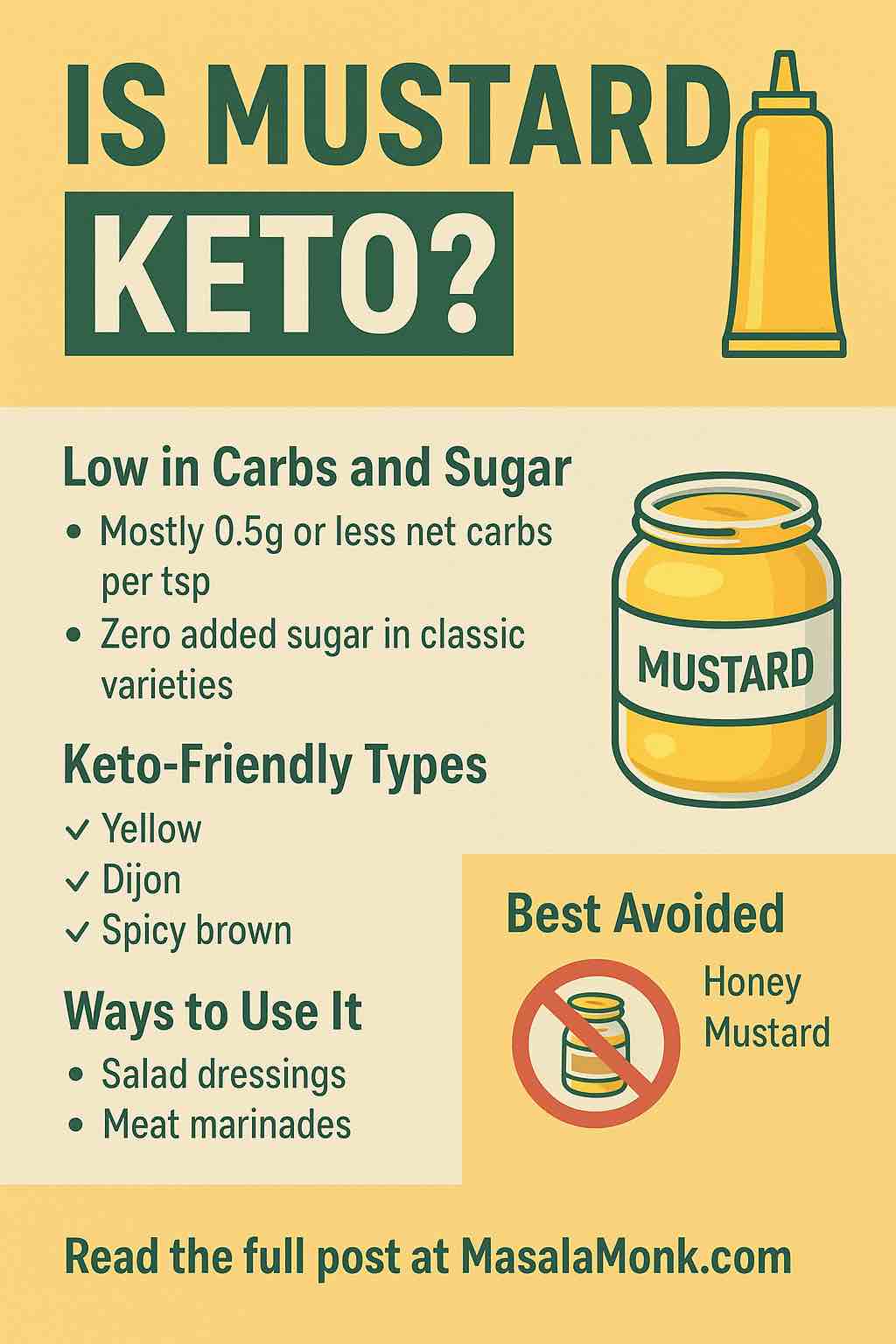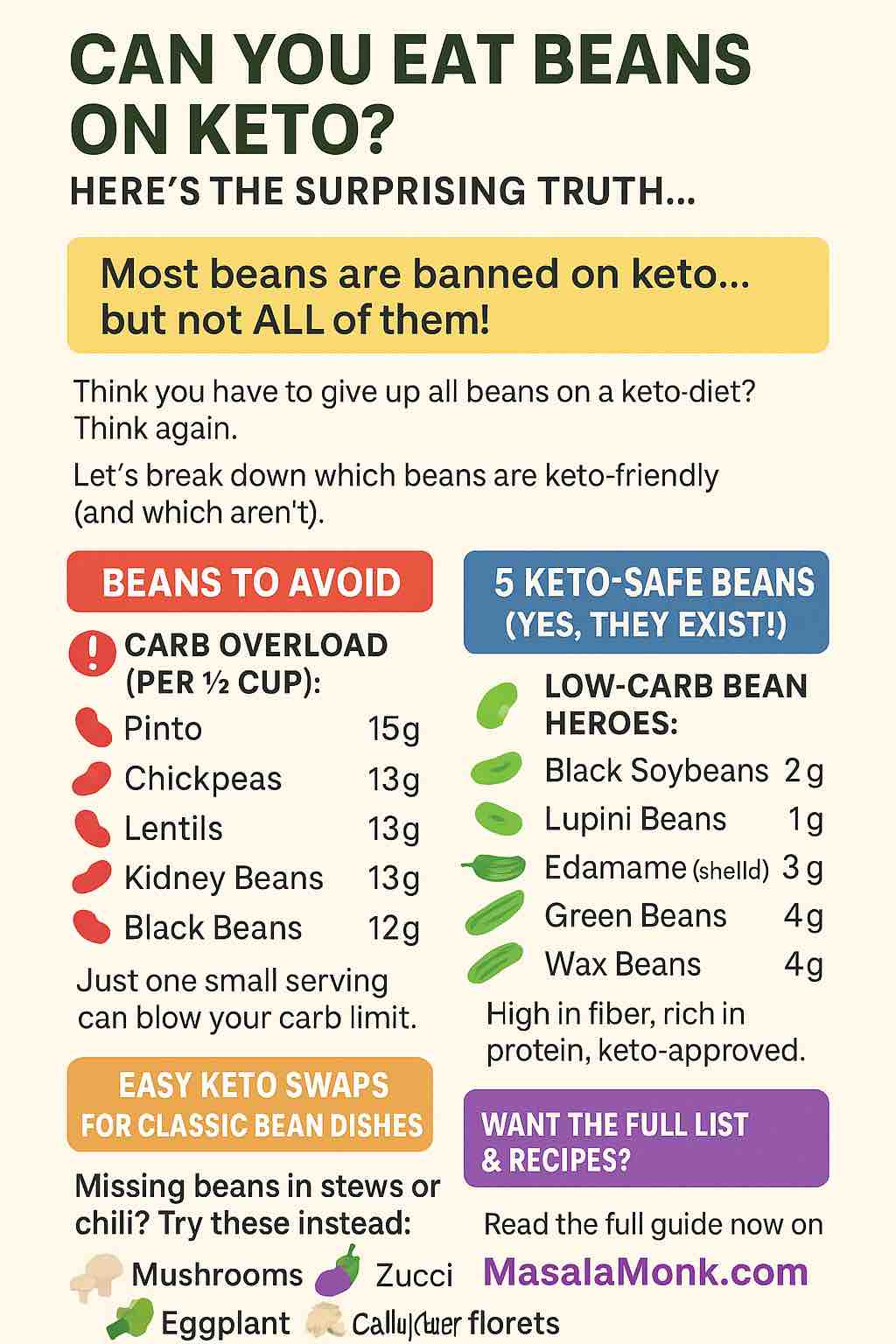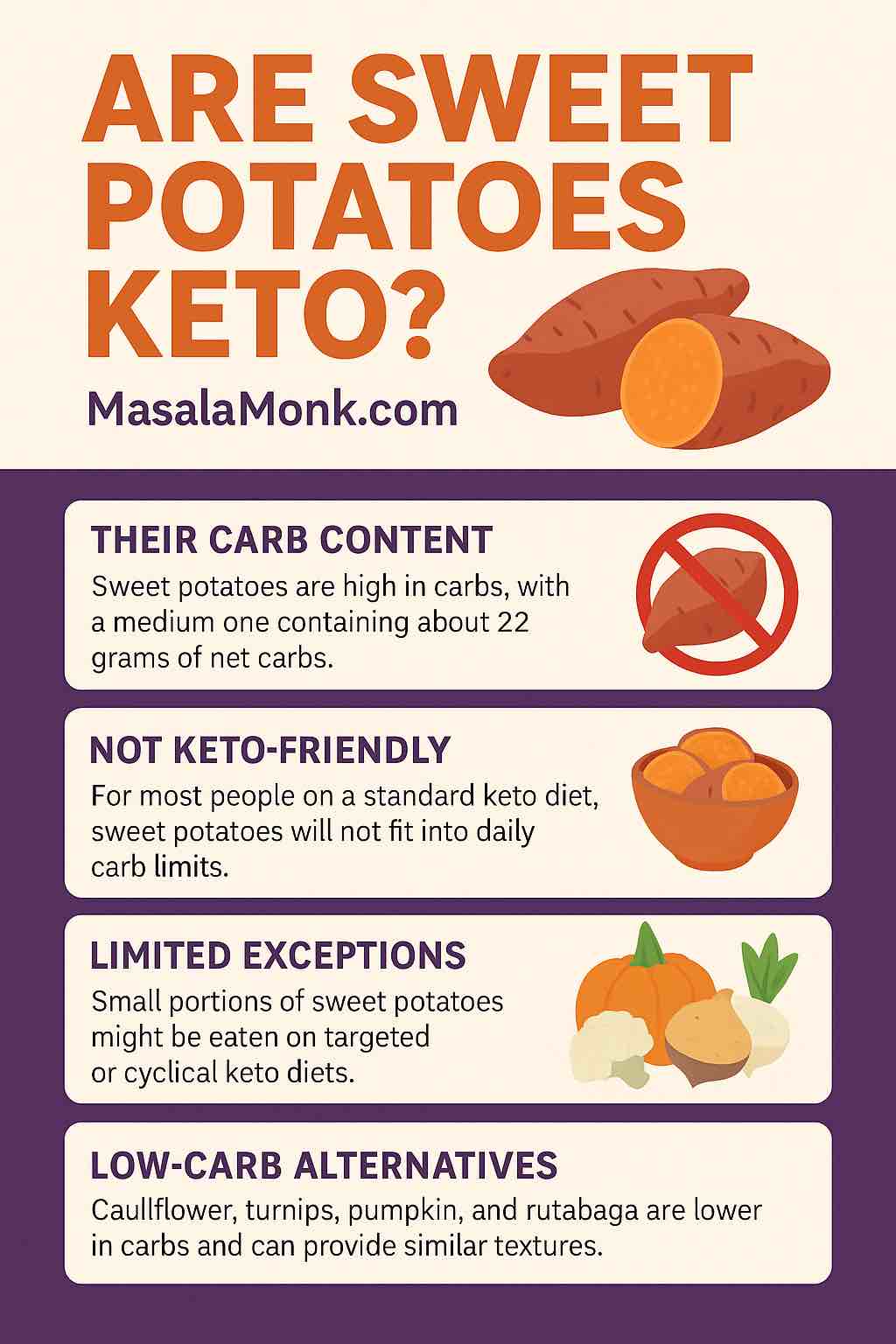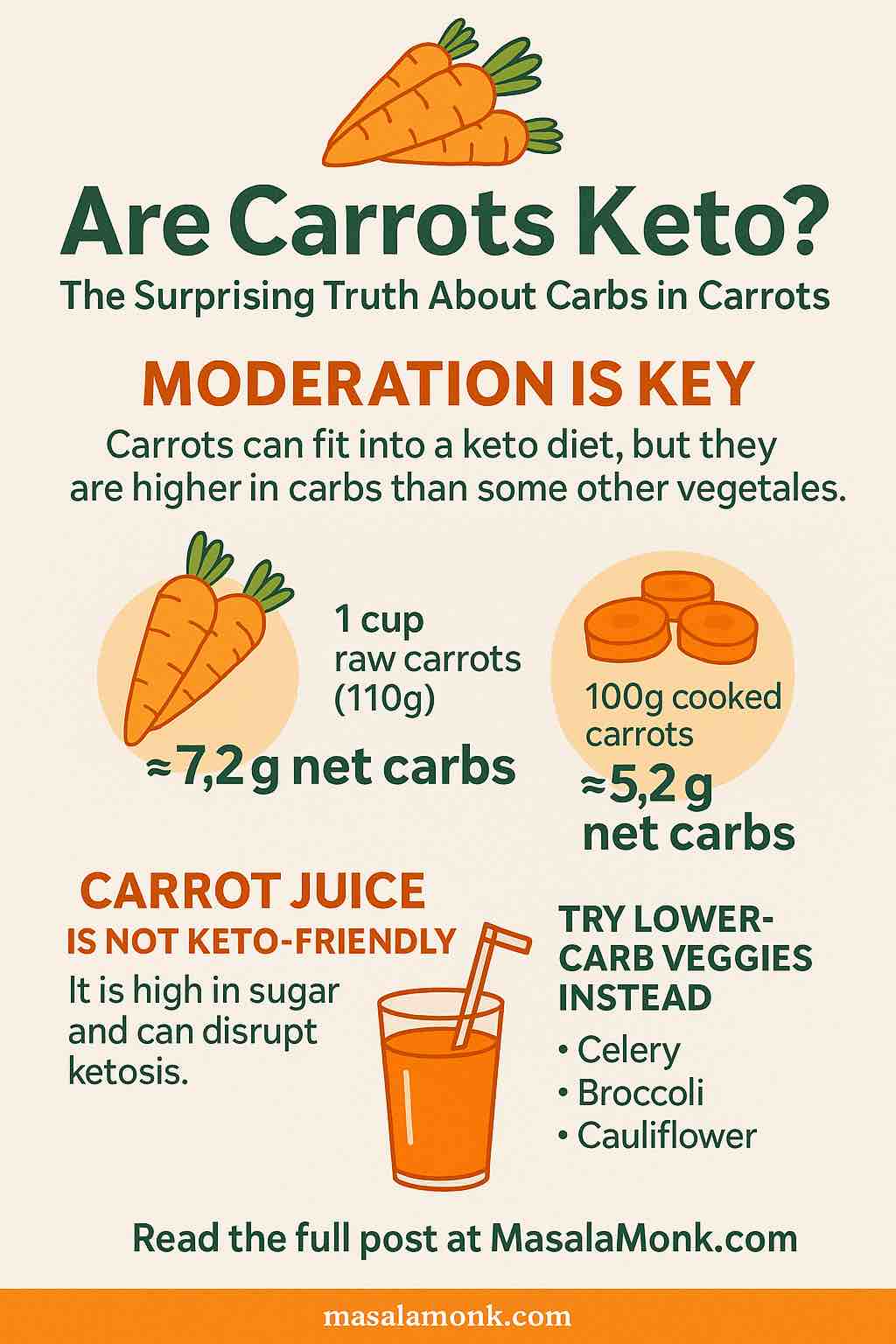
When you’re on a ketogenic diet, every gram of carbohydrate counts. That means being meticulous about even the smallest condiments on your plate. One of the most common—and flavorful—condiments found in kitchens and restaurants worldwide is mustard. But is mustard keto-friendly? The answer is yes, but as always, the details matter. In this comprehensive guide, we dive deep into the world of mustard, including different varieties, their nutritional breakdowns, how to choose the best ones for keto, and how mustard oil fits into the picture.
What is Mustard Made Of?
Mustard is a condiment made by grinding mustard seeds and mixing them with liquid such as water, vinegar, lemon juice, or wine. It can also include flavoring agents like turmeric, paprika, salt, and sometimes sweeteners or thickeners. The base ingredient—mustard seed—is low in carbohydrates and high in flavor, making it a solid candidate for low-carb diets.
Nutritional Snapshot of Classic Mustard (Yellow)
- Calories: 3 per tsp
- Carbs: ~0.3g per tsp
- Sugars: 0g
- Fiber: ~0.1g
- Net Carbs: ~0.2g
These numbers can vary slightly depending on brand and recipe, but the important takeaway is that most basic mustards are very low in net carbohydrates.
Keto-Friendly Mustard Types
1. Yellow Mustard
The most common type, often used on burgers and hot dogs. It’s made from yellow mustard seeds, vinegar, water, and spices. It typically contains 0–0.5g net carbs per teaspoon, making it ideal for keto.
2. Dijon Mustard
Originating from France, this mustard has a more complex flavor profile. Made with brown mustard seeds and white wine or vinegar, Dijon mustard remains very low in carbs (0.3–0.5g per tsp). Ensure it’s unsweetened.
3. Spicy Brown Mustard
A favorite for those who want bolder flavors. Also very low in carbs and keto-approved.
4. Whole Grain Mustard
Offers a coarser texture. Still keto-friendly but check for hidden sugars.
Mustards to Avoid on Keto
🥟 Honey Mustard
This is a sweetened mustard with added sugar or honey, typically containing 3–5g of carbs per teaspoon, making it a no-go for strict keto.
🚫 Sweet Mustard Varieties
Always read the labels. Sweet Bavarian, beer mustard, or fruit-flavored mustards can contain up to 6–10g net carbs per tablespoon.
What About Mustard Oil?
Mustard oil is extracted from mustard seeds and is commonly used in Indian and Bangladeshi cooking.
✔️ Is It Keto? Yes.
- Carbs: 0g
- Fats: Rich in monounsaturated and omega-3 fatty acids
- Calories: High-calorie but all from fat, making it suitable for keto
⚠️ FDA Note:
Mustard oil sold in the U.S. is labeled “for external use only” due to its high erucic acid content, though it is widely consumed as a cooking oil elsewhere. If you use it, ensure it is from a trusted source and labeled for culinary use.
Benefits of Mustard on a Keto Diet
- Zero-to-Low Carb: Fits well within daily carb limits
- Flavor Enhancer: Adds depth to keto meals without increasing carb load
- Rich in Antioxidants: Mustard seeds contain selenium and magnesium
- Promotes Satiety: The tangy flavor can enhance satisfaction in meals
Smart Ways to Use Mustard on Keto
- Mix with olive oil for a low-carb salad dressing
- Use as a marinade for meats
- Add to deviled eggs or egg salad
- Stir into cauliflower mash for a flavor kick
- Use as a dip with pork rinds or veggies

Pro Tips for Choosing the Right Mustard
- Read Labels Carefully: Avoid any mustard that lists sugar, honey, molasses, or fruit juice near the top of the ingredient list.
- Stick to Simple Ingredients: Mustard seeds, vinegar, water, and salt are ideal.
- Avoid “Honey” or “Sweet” in the Name: These are often sugar-loaded.
- Look for “No Sugar Added” Labels: Especially with Dijon and artisanal mustards.
Final Verdict: Is Mustard Keto?
Absolutely, yes—most mustard types are keto-friendly. They are low in carbs, add flavor, and can be used in numerous ways to spice up your keto meals. Just steer clear of sweetened versions and always double-check ingredient labels. Even mustard oil, with its zero-carb profile, can be a valuable fat source in your ketogenic kitchen.
So go ahead, squeeze that mustard bottle guilt-free!
✅ Frequently Asked Questions (FAQs)
- Is mustard allowed on a keto diet?
Yes, mustard—especially plain yellow, Dijon, and spicy brown varieties—is low in carbs and fits well within a ketogenic diet. - Does mustard have carbs or sugar?
Most unsweetened mustards contain less than 0.5g of carbs per teaspoon and zero added sugar. Always check the label to be sure. - Can I eat Dijon mustard on keto?
Yes, as long as it’s unsweetened. Dijon mustard typically contains about 0.3–0.5g net carbs per teaspoon. - Is honey mustard keto-friendly?
No. Honey mustard usually contains added sugars and can have 3–5g of carbs per teaspoon, making it unsuitable for a keto diet. - What is the best mustard for keto?
Classic yellow mustard is ideal, followed by unsweetened Dijon or spicy brown mustard. Look for varieties with no sugar added. - Is mustard oil good for keto?
Yes, mustard oil is carb-free and rich in healthy fats, making it a suitable cooking oil for keto. However, ensure it’s food-grade and not labeled “for external use only.” - Is mustard considered low-carb or zero-carb?
Most mustards are extremely low-carb (around 0.2g per tsp) and can be treated as nearly zero-carb in small servings. - Are all mustard types safe on keto?
No. Avoid sweetened varieties like honey mustard, fruit-flavored mustards, or gourmet mustards with added sugars or syrups. - How can I use mustard in keto meals?
Use it in salad dressings, marinades, dips, deviled eggs, meat rubs, or as a low-carb spread for lettuce wraps. - Can I have mustard every day on keto?
Yes, as long as the variety is unsweetened and used in reasonable portions. It’s flavorful, low-calorie, and keto-approved.












